Selecting the right mattress type is crucial when shopping for a new bed. Memory foam and hybrid mattresses are favorite choices, each with its own benefits. But which one is right for you? Before making a decision, it's important to understand their differences. In this guide, we'll explore the unique features and performance of a hybrid and a foam mattress. We'll also discuss availability, pricing, and other factors to help you determine which one suits your needs.
Memory Foam Mattress Overview
NASA originally developed memory foam (viscoelastic foam) in the 1960s for use in aircraft seats. Its primary purpose was to provide cushioning and improve safety during flights. The unique properties of a memory foam mattress make it an ideal material for ensuring comfort and support for astronauts during takeoff and landing.
In the 1990s, memory foam entered the consumer market, specifically the mattress industry. Manufacturers recognized the potential of this innovative material and started incorporating it into mattress designs to offer a new level of sleep comfort. Most memory foam mattresses have a multi-layered structure, with a top layer featuring a memory foam comfort system that provides a plush and contouring feel. This layer conforms to the body's shape, alleviating pressure points and promoting restful sleep.

While memory foam's conforming properties are highly beneficial, they can sometimes lead to heat retention. As the foam molds to the body, it may trap heat, causing discomfort for some sleepers. Many mattress manufacturers have introduced cooling technologies to their memory foam products to address this issue. They infuse the foam with copper or gel to draw heat away from the body and promote a cooler sleep environment. Additionally, specialized covers designed for cooling and materials engineered to wick away heat further enhance the temperature neutrality of a cool gel memory foam mattress.
Benefits of Memory Foam Mattresses
Memory foam mattresses provide numerous advantages due to their unique properties.
- Improved Pressure Relief: The close conformity of memory foam helps alleviate pressure on specific body areas, such as the hips and shoulders, by redistributing weight more evenly.
- Superb Motion Isolation: Memory foam excels at absorbing motion, making it a perfect choice for couples who want to minimize disturbances caused by movement on the bed.
- Comforting Sensation: Thanks to its close-conforming nature, sleeping on memory foam often gives sleepers a cozy sensation like being embraced.
- Hypoallergenic: Due to their dense structure, memory foams create a barrier that makes it difficult for allergens such as mites, dust, and mold to penetrate. As a result, allergens do not accumulate in memory foam mattresses as they might with other materials.
- Budget-friendly: While certain memory foam mattresses have a hefty price tag, they typically offer a more affordable option than hybrid or high-end spring mattresses. If you prioritize comfort while being mindful of your budget, a memory foam mattress might be your ideal choice.
Drawbacks of Memory Foam Mattresses
While memory foam mattresses have gained popularity, there are potential disadvantages to consider.
- Heat Retention: Memory foam retains heat as it conforms to the body. To address this, manufacturers often incorporate cooling materials or construction techniques to improve temperature regulation.
- Motion Inhibition: The contouring nature of memory foam, while beneficial for pressure relief, can sometimes make movement on the mattress challenging and create a sinking feeling that some sleepers find uncomfortable.
- Off-Gassing Odors: Memory foam mattresses may emit off-gassing odors due to volatile organic compounds from the manufacturing process. This can be a concern for individuals sensitive to smells or with respiratory issues.
Hybrid Mattress Overview
Hybrid mattresses combine elements from different mattress types, like the coil-based support core of innerspring and a thick comfort system similar to foam or latex. This combination balances pressure relief and responsiveness.
Most hybrids use a pocketed coil support core, providing durability, breathability, and minimal motion transfer. Some hybrids may use other coil types, which are often more affordable but may have more motion transfer
Hybrid mattresses have different comfort systems, including memory foam, polyfoam, latex, microcoils, or a combination of these materials. These comfort systems cradle the body, relieve pressure, and limit motion transfer.

Best hybrid mattresses are popular and available both online and in-store. Analyzing each model's specific design is important to find the right fit. Prices for queen-sized hybrid mattresses typically range from $1,200 to $2,000.
Benefits of Hybrid Mattresses
While a wide variety of hybrid mattresses are available, they often offer several shared advantages.
- Improved Temperature Regulation: The coil support system in hybrid mattresses allows for better airflow, resulting in cooler sleep compared to all-foam models. This can help prevent overheating during the night.
- Enhanced Ease of Movement: Coils in hybrid mattresses add bounce and responsiveness, making it easier for sleepers to change positions comfortably. This can also be advantageous during intimate moments.
- Excellent Edge Support: Hybrid mattresses typically feature robust edges due to their coil support cores. This provides sleepers ample space to utilize the entire surface without feeling sinking or unsupported.
- Wider Options: Memory foam mattresses offer limited options, while hybrid mattresses provide a wide range of layering combinations, making it easier to find the perfect fit for your needs.
- Supportive and Durable: Coils in hybrid mattresses offer superior weight support and additional reinforcement, particularly beneficial for back or stomach sleepers. This enhanced durability allows hybrid mattresses to withstand heavier weights and endure more wear and tear, resulting in a longer lifespan compared to memory foam mattresses.
Drawbacks of Hybrid Mattresses
While a hybrid mattress is a popular choice for many, there are some potential drawbacks to consider.
- Heavier Weight: Hybrid mattresses are heavier than other options due to their steel coil systems. This can make them more challenging to move and set up.
- Higher Cost: On average, hybrid models are more expensive than all-foam mattresses, though budget-friendly options are available.
- Possible Noise and Motion Transfer: Coil cores in hybrid mattresses may produce noise and have a higher likelihood of transferring motion compared to mattresses with polyfoam support systems.
- Expensive: While there are exceptions, hybrid mattresses tend to be pricier compared to memory foam. However, their durability allows for extended use, making them a worthwhile investment despite the higher upfront cost.
Hybrid Vs Foam Mattress
Memory foam and hybrid mattresses use thick comfort systems to relieve pressure and limit motion transfer. Memory foam mattresses utilize memory foam, sometimes combined with other materials. Hybrid mattresses vary more in comfort systems, incorporating materials like latex, polyfoam, memory foam, microcoils, and fiber.
Both types often include transitional layers beneath their comfort systems. Polyfoam prevents excessive sinkage and relieve pressure, but hybrids may also use memory foam, latex, or microcoils in these layers.
The main difference lies in the support core: memory foam mattresses have a high-density polyfoam core, while hybrids use a coil system. Polyfoam cores excel in motion isolation and noise control, whereas coil systems offer better bounce, breathability, and edge support.
|
Hybrid |
Memory Foam |
|
|
Price |
$1,200 to $2,000 |
$800 to $2,500 |
|
Overall Feel |
Perfectly balanced: conforms and supports |
Close-conforming with exceptional motion isolation and pressure relief |
|
Advantages |
Improved temperature regulation Enhanced ease of movement Excellent edge support Wider options Supportive and durable |
Improved pressure relief Superb motion isolation Comforting sensation Hypoallergenic Budget-friendly |
|
Disadvantages |
Heavier Weight Higher Cost Possible Noise and Motion Transfer Expensive |
Heat Retention Motion Inhibition Off-Gassing Odors |
Hybrid vs Foam Mattress: Which One You Should Choose
When choosing between a hybrid and a foam mattress, there are trade-offs to consider, and there isn't a definitive answer. However, I have created checklists for each option to make your decision easier.
Consider a memory foam mattress if:
- You are a side sleeper.
- You tend to stay in one position throughout the night.
- You prefer a sinking sensation when lying on your mattress.
- You have allergies.
- You sleep cool or prefer a cooler sleeping environment.
- You want to save money.
Consider a hybrid mattress if:
- You frequently toss and turn during the night.
- You don't prefer the feeling of sinking into your mattress.
- You are plus size or heavier than average.
- You sleep hot or prefer a warmer sleeping environment.
- You share your bed with someone else and need a compromise.
- Budget is not a concern.
With these considerations in mind, selecting between memory foam and hybrid mattresses should become a less challenging task. Both options have distinct advantages tailored to different individuals' needs and preferences.
Hybrid vs Foam Mattress FAQs
Who should choose memory foam mattresses?
Individuals who prioritize comfort and pressure relief prefer memory foam mattresses. They are an excellent choice for:
- Side sleepers
- Those with allergies
- Partners with different sleep preferences
- People who like a more pronounced sinking feeling
- Sleepers who want to minimize noise
- People who want to save money
Who should choose hybrid mattresses?
Hybrid mattresses are an excellent choice for:
- Hot sleepers
- Long-term investment seekers
- Larger individuals with extra support needs
- Individuals who frequently switch positions at night:
Which type of mattress is better for back pain: hybrid or foam?
Both hybrid and foam mattresses can be beneficial for individuals with back pain. Hybrid mattresses offer support from the coil system and contouring comfort from the foam layers. Foam mattresses, particularly memory foam, provide excellent pressure relief and can help alleviate back pain by conforming to the body's shape.
Do twin memory foam mattresses have motion isolation capabilities?
Yes, a twin mattress memory foam is known for its excellent motion isolation properties. The foam absorbs and minimizes motion transfer, making it a perfect choice for individuals who share a bed with a partner.
Can you use an adjustable bed frame with hybrid and foam mattresses?
Yes, both hybrid and foam mattresses are compatible with adjustable bed frames. The flexible nature of foam and the supportive components of hybrid mattresses make them suitable for use with adjustable bases.


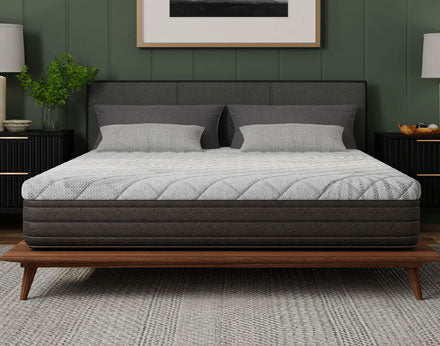

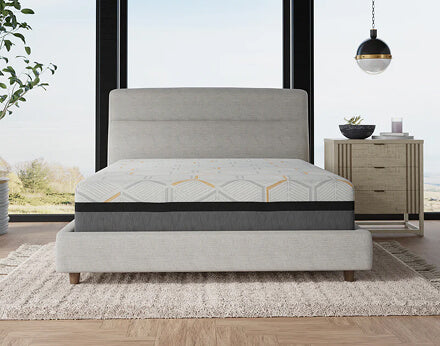


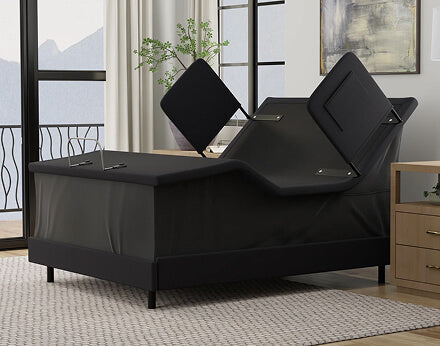



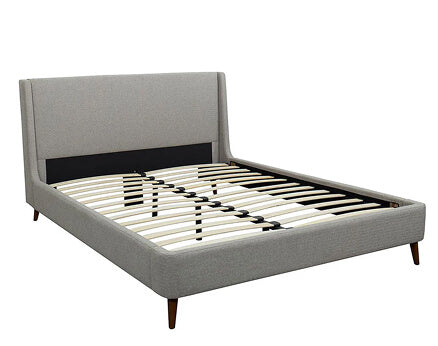
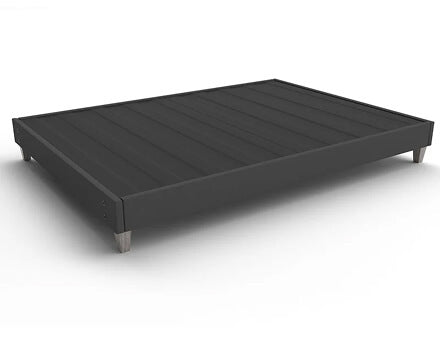
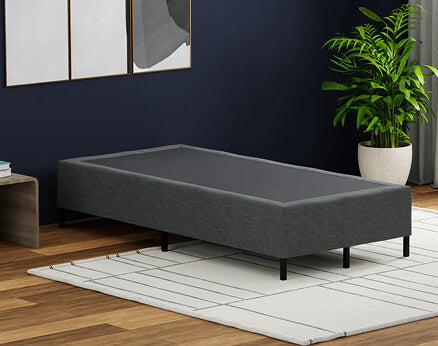

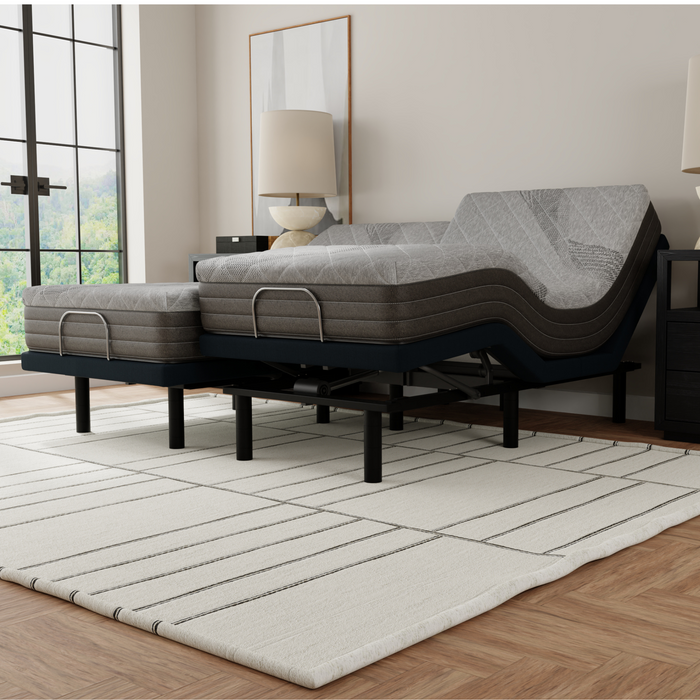
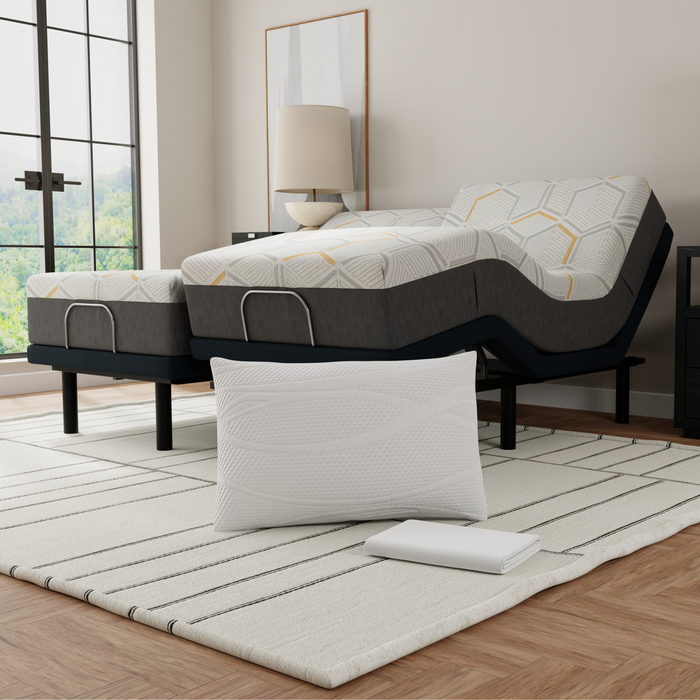
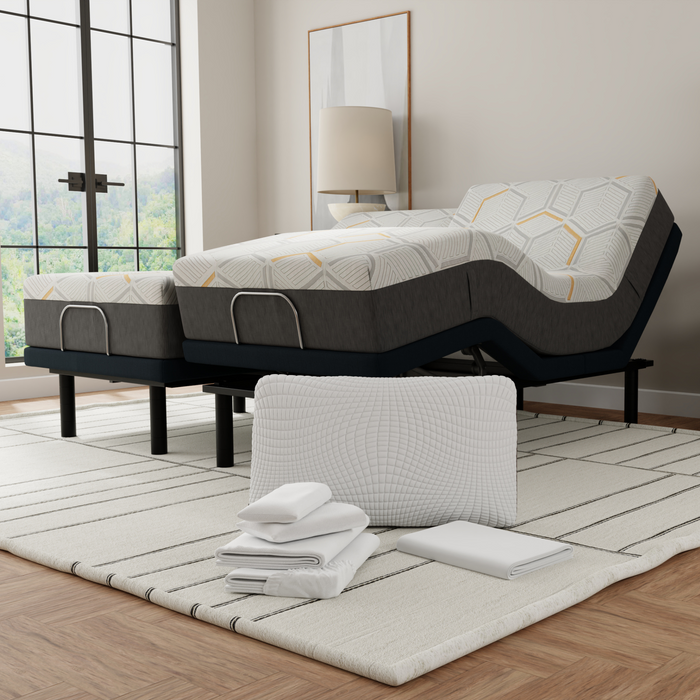
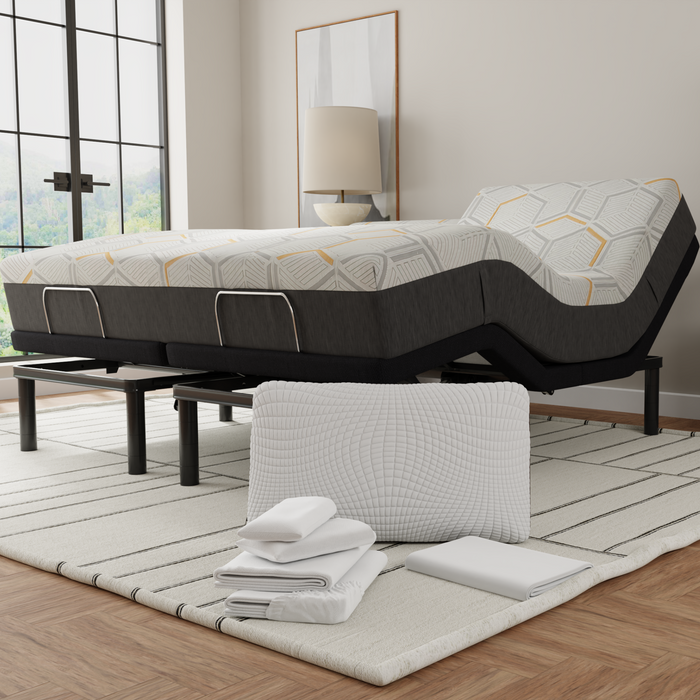
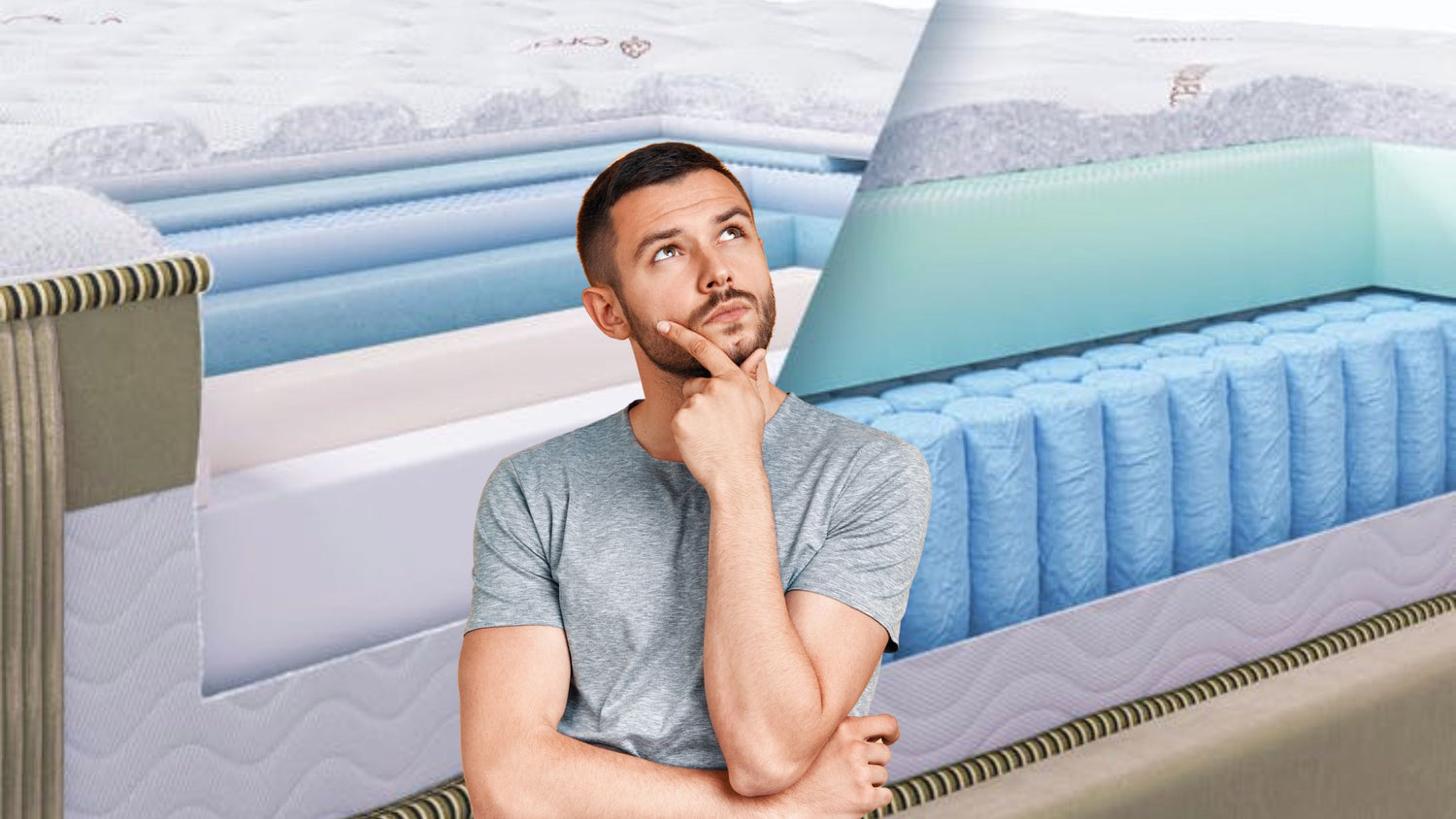
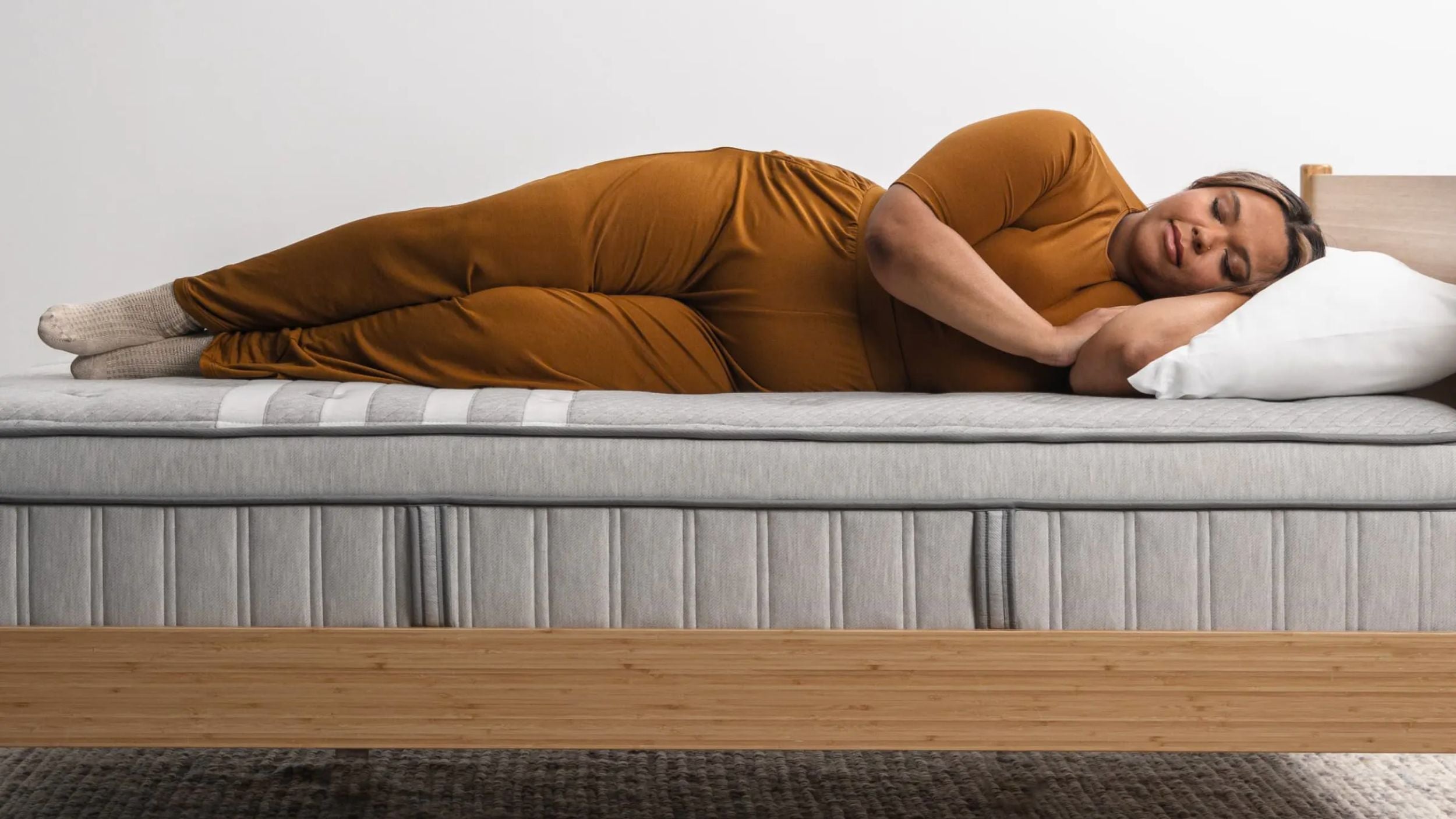

Leave a comment
This site is protected by hCaptcha and the hCaptcha Privacy Policy and Terms of Service apply.